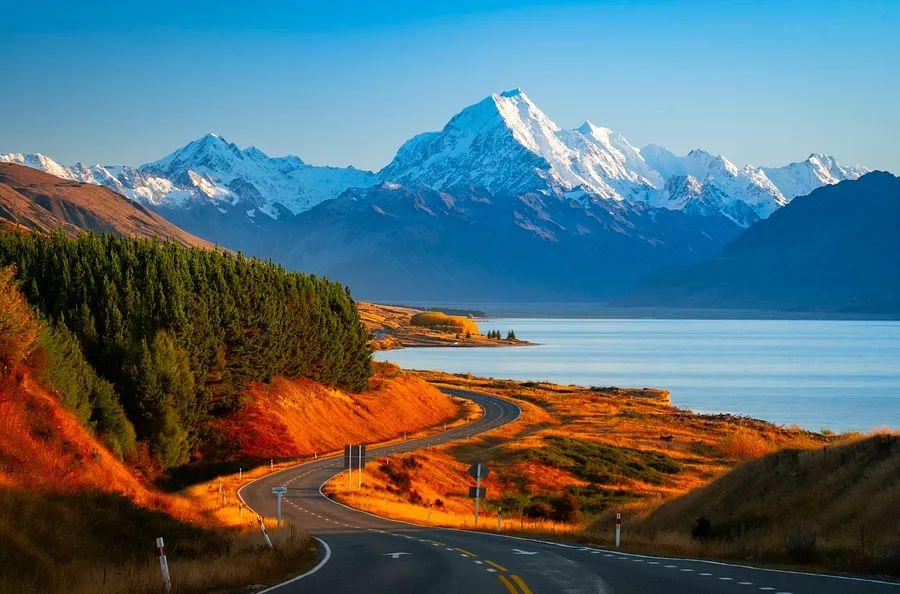New Zealand's tourism tax is set to nearly triple in October.

Traveling to New Zealand is about to become pricier. Beginning next month, the government announced that the tourism tax will almost triple due to increasing tourist numbers.
Starting October 1, tourists arriving in New Zealand from most countries, including the U.S., will need to pay an increased International Visitor Conservation and Tourism Levy of 100 New Zealand dollars (approximately $62), up from the current fee of NZ$35 (around $22).
This change has been anticipated for years; in early 2022, TPG reported that New Zealand's tourism and hospitality minister had suggested potential hikes in the tourism tax as travelers started to return following the easing of strict COVID-19 travel restrictions.
Stay updated on the latest travel news and deals by subscribing to our daily newsletter.
Rising tourism in New Zealand
New Zealand implemented its tourism tax around five years ago to alleviate the growing strain on infrastructure and natural resources caused by the increasing influx of tourists from around the globe.
Following a break during the pandemic, travel to New Zealand has seen a notable resurgence in recent years.
In 2024, the total number of seats available on commercial flights between the U.S. and New Zealand has increased by 7% compared to 2019, according to data from aviation analytics firm Cirium. This figure represents a staggering 61% rise compared to a decade ago in 2014.
This surge in available seats is due to new and more frequent flight options to the country. Alongside additional routes to Auckland, there are now more choices to other regions, including Christchurch on New Zealand's South Island via United Airlines.
 SUMMER HULL/Dinogo
SUMMER HULL/DinogoWhy is New Zealand increasing its tourism tax?
The increase of the tourism tax to NZ$100 aims "to ensure that visitors contribute to public services and receive high-quality experiences while in New Zealand," stated the country’s minister for tourism and hospitality, as well as the minister for conservation, in a recent announcement on Tuesday.
"The Government is committed to fostering growth in the tourism sector," said Matt Doocey, New Zealand's tourism and hospitality minister, on Tuesday. "However, international tourism brings costs to local communities, including added pressure on regional infrastructure and increased maintenance expenses."
Nonetheless, not everyone supports the increased tourism tax.
An independent trade association for the tourism sector expressed its "great disappointment" in a statement on Tuesday.
The fee "creates a barrier that makes New Zealand exceedingly costly to visit," remarked Rebecca Ingram, chief executive of Tourism Industry Aotearoa.
How to pay New Zealand's IVL
Visitors to New Zealand are required to pay the International Visitor Conservation and Tourism Levy when applying for a visa or requesting a New Zealand Electronic Travel Authority as part of the standard pre-entry process.
New Zealand and Australian citizens, as well as connecting passengers at Auckland Airport (AKL) heading to other international destinations and residents of various Pacific island nations, are exempt from this fee.
In summary
New Zealand is not the only nation to introduce or increase tourism taxes in recent years. Venice, Italy, implemented long-planned fees for day visitors on select high-demand weekends in 2024. Meanwhile, entry fees for Galapagos National Park in Ecuador have recently doubled for visitors.
Evaluation :
5/5



